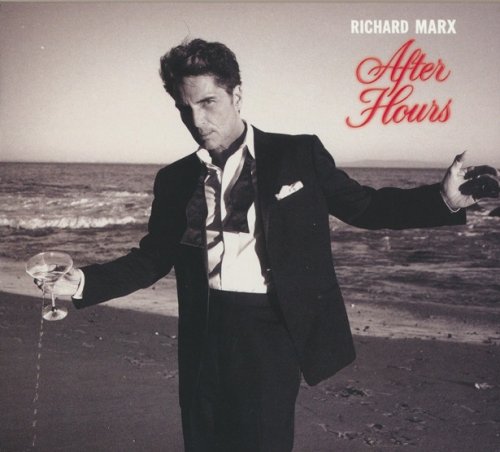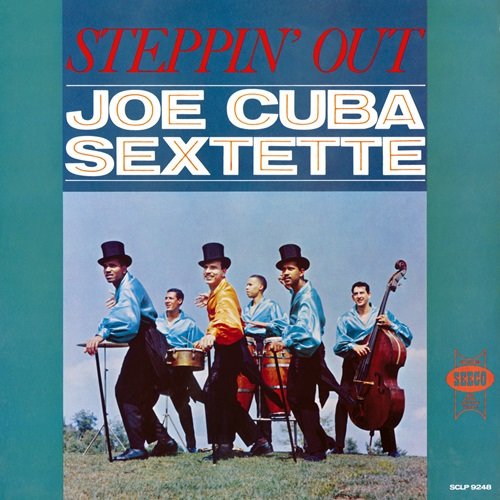Seiji Ozawa, Boston Symphony Orchestra - Mahler: Symphony No. 1 (1988)

Artist: Seiji Ozawa, Boston Symphony Orchestra
Title: Mahler: Symphony No. 1
Year Of Release: 1988
Label: Deutsche Grammophon
Genre: Classical
Quality: FLAC (tracks)
Total Time: 01:00:05
Total Size: 271 Mb
WebSite: Album Preview
Tracklist: Title: Mahler: Symphony No. 1
Year Of Release: 1988
Label: Deutsche Grammophon
Genre: Classical
Quality: FLAC (tracks)
Total Time: 01:00:05
Total Size: 271 Mb
WebSite: Album Preview
Symphony No.1 in D Major (Gustav Mahler)
1. 1. Langsam. Schleppend 15:46
2. "Blumine". Andante allegretto 05:52
3. 2. Kräftig bewegt 07:28
4. 3. Feierlich und gemessen, ohne zu schleppen 11:10
5. 4. Stürmisch bewegt 19:49
Performers:
Boston Symphony Orchestra
Seiji Ozawa, conductor
Ozawa and the BSO made this DG recording of the Mahler First in 1978, and then they returned in digital sound for a remake in 1987 for Philips. That recording surprised me with Ozawa's affinity for the work, something I rarely feel when he does other Mahler symphonies. In this earlier account, the Gramophone found a lot to like: The recording was "notable for the brilliance and sheen of both the playing and the interpretation . . . It is as alert and nervously clear-sighted as youth itself, a youthfully literal reading in effect." That kind of quasi-fakery and word-spinning arouse my suspicions, but one does hear a straightforward reading that is fairly literal and unyielding. the orchestra plays well and is recorded clearly, but nothing exceptional is happening in either department.
The addition of Mahler's discarded "Blumine" movement follows a fad that seems to have come and gone. Ozawa does a very good job here, with an alert, flowing line that is faster and less sentimental than any other I've heard. This movement is essentially a long melody for solo trumpet, simply developed. It doesn't hold up to the rest of the symphony, so Mahler lost little by deleting it.
In the Scherzo Ozawa favors momentum over the heaviness of a folk dance. In the mock funeral march of the third movement, the solo double bass is amusingly lugubrious, a plus. Here Ozawa's pacing is quite deliberate, adding to the comic mood -- few conductors even try to be humorous. the Jewish band music is handled with a touch of comedy, too, although not with any real imitation of klezmer style. (It's always hard for the BSO to stop sounding elegant.) there have been more terrifying opening pages to the finale, where Ozawa doesn't push the tension. Even so, he keeps the momentum going and isn't slack. The lyrical middle section is handled soberly, without undue schmaltz.
In all, without being a top choice this is as good a Mahler First as Ozawa's later one. To avoid buying this stingy timing, however, you might seek out the DG reissue that pairs the symphony with a Fischer-Dieskau performance of the Ruckert Lieder.
The addition of Mahler's discarded "Blumine" movement follows a fad that seems to have come and gone. Ozawa does a very good job here, with an alert, flowing line that is faster and less sentimental than any other I've heard. This movement is essentially a long melody for solo trumpet, simply developed. It doesn't hold up to the rest of the symphony, so Mahler lost little by deleting it.
In the Scherzo Ozawa favors momentum over the heaviness of a folk dance. In the mock funeral march of the third movement, the solo double bass is amusingly lugubrious, a plus. Here Ozawa's pacing is quite deliberate, adding to the comic mood -- few conductors even try to be humorous. the Jewish band music is handled with a touch of comedy, too, although not with any real imitation of klezmer style. (It's always hard for the BSO to stop sounding elegant.) there have been more terrifying opening pages to the finale, where Ozawa doesn't push the tension. Even so, he keeps the momentum going and isn't slack. The lyrical middle section is handled soberly, without undue schmaltz.
In all, without being a top choice this is as good a Mahler First as Ozawa's later one. To avoid buying this stingy timing, however, you might seek out the DG reissue that pairs the symphony with a Fischer-Dieskau performance of the Ruckert Lieder.

![Etienne Guéreau Trio - Fling (2026) [Hi-Res] Etienne Guéreau Trio - Fling (2026) [Hi-Res]](https://img.israbox.com/img/2026-01/25/n7mu5ohwmwz1avr1wsq6gpwoc.jpg)






